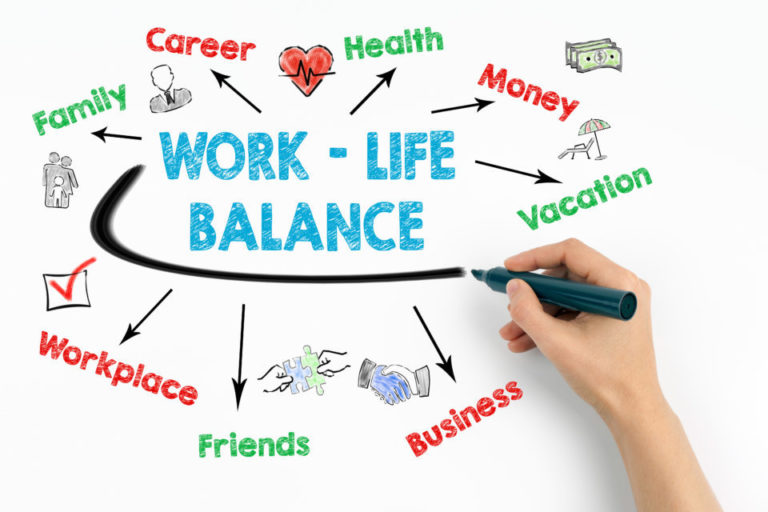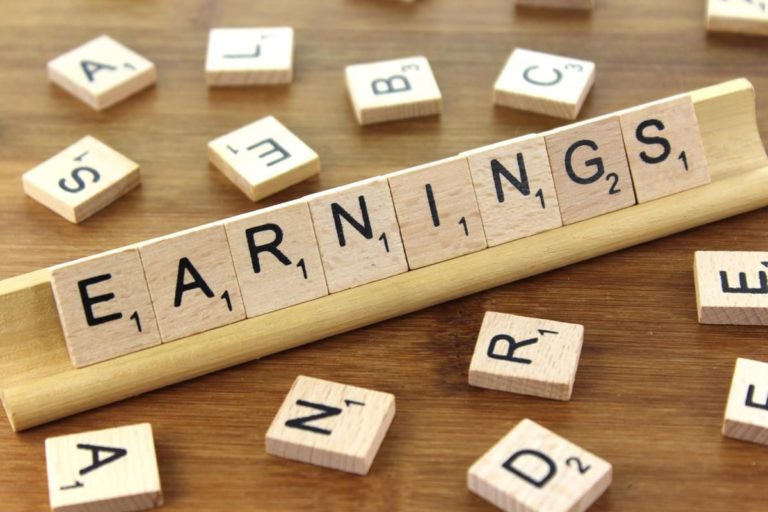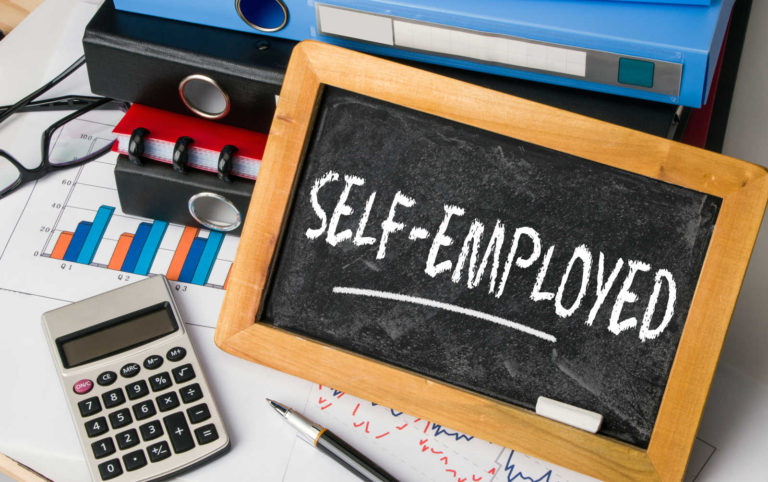Self-Employment: What Is It, and How Does It Work?
Here’s what you need to know about self-employment.
Self-employment is what you make of it. If you treat self-employment as an opportunity, you can put yourself in position to succeed. Or, if you treat self-employment as a challenge, you may be better off searching for a traditional 9-to-5 job.
IRS Definition of Self-Employment
According to the IRS, a self-employed individual meets one or more of the following criteria:
- Operates as a sole proprietor or independent contractor.
- Serves as a partner in a trade or business.
- Works “in business for [himself or herself].”
If you’re self-employed, you’re required to pay annual income taxes the same way you would as part of a standard job. Additionally, self-employed individuals are subject to a self-employment tax; this covers all Social Security and Medicare taxes.
Self-employed individuals are required to make quarterly tax payments, too. The IRS provides Form 1040-ES to help self-employed individuals calculate their quarterly tax payments. Form 1040-ES also includes blank vouchers you can use to submit your quarterly tax payments.
Real World Definition of Self-Employment
Anyone can be self-employed — if you earn a living without working for an employer who pays a salary or wage, you’re self-employed.
Self-employed individuals are some of the hardest-working people on the planet. They embrace the opportunity to work for themselves, understand their day-to-day responsibilities and plan accordingly. Plus, self-employed individuals commonly display the following traits:
- Diligence: Self-employed individuals dedicate sufficient time and resources to fulfill client requests.
- Empathy: Self-employed individuals analyze and understand the client perspective.
- Flexibility: Self-employed individuals shift priorities as needed.
- Patience: Self-employed individuals stay calm — even in high-pressure situations.
Expect the number of self-employed individuals to increase in the years to come. The U.S. Bureau of Labor Statistics (BLS) reported there were 9.6 million self-employed workers nationwide in 2016. Also, BLS has projected the total number of self-employed workers in the United States will reach 10.3 million by 2026.
The Bottom Line on Self-Employment
Self-employment is a job, and like any job, it requires hard work. At the same time, self-employment presents an opportunity unlike any other.
If you’re on the fence about self-employment, consider this question: Are you happy? Self-employment does not guarantee happiness. It does, however, guarantee you can simultaneously pursue both professional and personal happiness.
For me, self-employment guarantees I can spend time with my son and do work I enjoy. To maintain this privilege (yes, self-employment is a privilege), I work diligently every day, both professionally and personally. To date, I have found a life-work balance that suits me perfectly — and I believe all self-employed individuals can do the same.
Here is my recommendation: give self-employment a try. If you treat self-employment as an opportunity, you’ll likely work hard to succeed as a self-employed individual and can achieve unprecedented professional and personal happiness.








